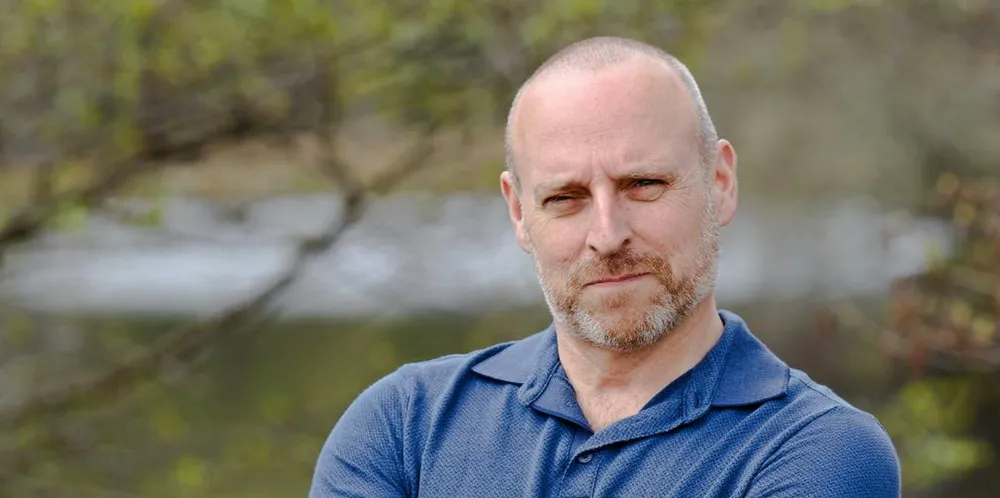Mowi executive: 'Cyber-bullies' are helping put hundreds of hard-working aquaculture industry families out of work
Mowi executive addresses what he perceives to be imbalance in how anti-aquaculture activists use social media to unfairly damage the industry's reputation.
